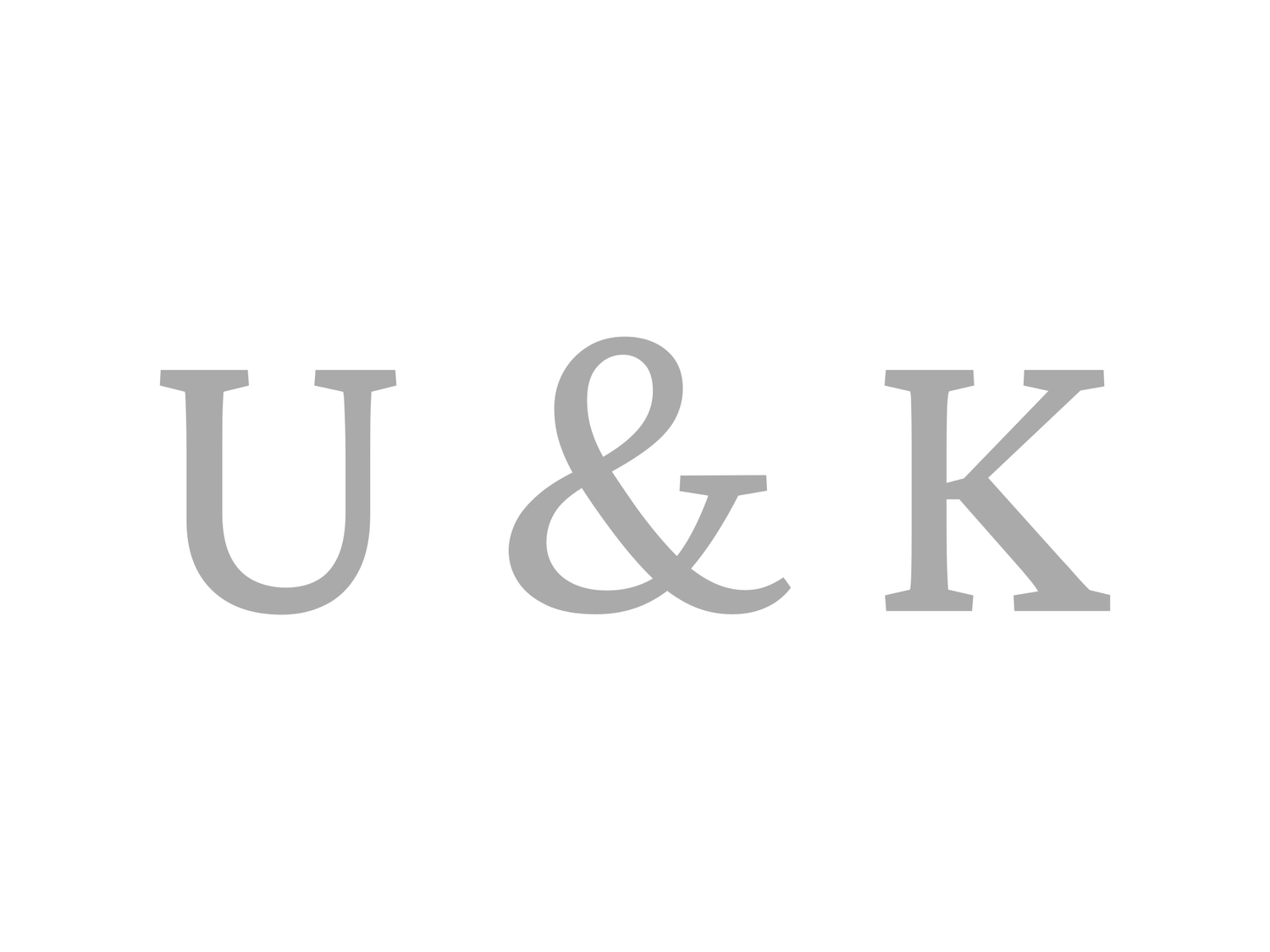Choosing a Beauty Salon Property in New York: A Comprehensive Guide
The success of a beauty salon hinges on location, cost, and a well-negotiated property contract. This guide will walk through essential factors for choosing a beauty salon property in New York, including selecting the right area, evaluating costs, and understanding contractual obligations.
1. Wealthy Area Guidelines
Why Location Matters: The location of a beauty salon plays a pivotal role in attracting clientele, particularly in affluent areas known for their shopping and beauty culture.
Targeting Affluent Neighborhoods: Popular areas in New York like SoHo, the Upper East Side, and parts of Brooklyn attract wealthier clientele willing to spend on high-end services.
Regional Research: Assess traffic, footfall, and other hairstylist shops or beauty hubs to understand if the area aligns with your target audience.
2. Cost Estimates
Budget for High Costs: New York has one of the highest costs of living in the U.S., meaning property rental costs can be substantial.
Setting a Rent Cap: Aim to allocate around 5-10% of monthly revenue towards rent to maintain profitability.
Avoiding Hidden Fees: When assessing properties, confirm there are no hidden fees, additional maintenance charges, or unforeseen obligations that could affect the budget.
3. Non-negotiable Conditions
Proximity to Competitors: Avoid areas saturated with direct competitors unless the location offers unique advantages, such as a higher traffic rate.
Customer Loyalty and Differentiation: Understand the level of customer loyalty in the area and determine what unique services or products could differentiate the salon from others.
4. Contract Methods and Challenges
Choosing the Lease Duration: A long-term lease provides stability, but a short-term or flexible lease is recommended for new business owners to test the waters.
Negotiating Lease Flexibility: Contracts that include options for future expansion, downsizing, or relocating can provide essential flexibility.
Property Condition: Conduct a thorough inspection to assess the condition of the property and who will handle repair and maintenance responsibilities.
5. Conditions for Contracting in New York
Building Regulations: New York City enforces strict building regulations, so confirm that the property meets all necessary codes for commercial use.
Commercial Usage Permit: Ensure the property has the appropriate permits, as certain zones may have restrictions that limit business operations.
6. Additional Conditions to Include in the Contract
Negotiating Rent: The New York rental market can fluctuate based on demand, and negotiating rent upfront can lock in more favorable terms.
Option Periods for Growth: Adding an option period clause allows for flexible future expansions or extensions, preparing the business for potential growth.
Conclusion
Finding the perfect property for a beauty salon in New York involves more than simply selecting an attractive space. Strategic research, understanding the local market, careful cost assessment, and negotiating a solid lease agreement will lay the groundwork for long-term success. Selecting the right location and knowing what contractual aspects to prioritize ensures a strong foundation for future growth in one of the most competitive cities in the world.

